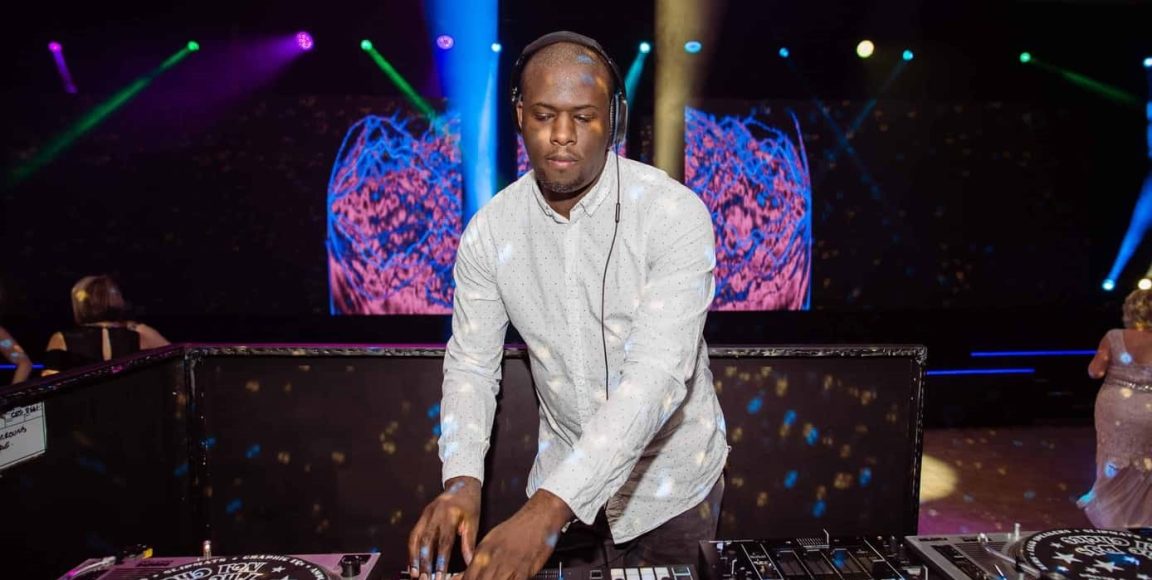When it comes to hiring a DJ for an event, whether it’s a corporate function or a wedding celebration, it’s important to understand that not all DJs are created equal. Different types of events require different skills and expertise, and knowing the key differences between a corporate DJ and a wedding DJ can help you make an informed decision and ensure the success of your event. In this article, we will explore the main distinctions between these two types of DJs.
Event Purpose and Atmosphere:
The primary difference between a corporate dj and a wedding DJ lies in the purpose and atmosphere of the event. Corporate events are typically professional and formal gatherings aimed at promoting a company, launching a product, or celebrating an achievement. The focus is on networking, creating a professional ambiance, and maintaining a level of sophistication.
On the other hand, weddings are personal and intimate celebrations of love and commitment. The atmosphere is usually more relaxed, joyful, and focused on entertainment and creating memorable moments for the couple and their guests.
Music Selection and Style:
The music selection is another critical distinction between corporate and wedding DJs. Corporate DJs are well-versed in a wide range of music genres, including background music, ambient tunes, and upbeat tracks to create the right ambiance throughout the event. They often play instrumental or soft vocal music during dinner or networking sessions, gradually transitioning to more energetic tracks as the event progresses.
Wedding DJs, on the other hand, have a vast knowledge of various musical genres and eras, catering to diverse age groups and personal preferences. They specialize in creating playlists that appeal to different generations and keeping the dance floor lively and energetic throughout the night.
Emcee and Hosting Skills:
While both corporate and wedding DJs are responsible for playing music, wedding DJs often take on the role of an emcee as well. They have excellent hosting skills, ensuring a smooth flow of events, making announcements, introducing speakers, and engaging with the guests. Their ability to read the crowd and create a personalized experience adds to the overall success of the wedding reception.
Corporate DJs, on the other hand, may have limited emcee responsibilities. They focus more on providing seamless transitions between speeches, presentations, and other activities while maintaining a professional and formal tone.
Equipment and Setup:
The equipment and setup requirements may also differ between corporate and wedding DJs. Corporate events often take place in larger venues such as conference halls or ballrooms, requiring a more extensive sound system and advanced audiovisual equipment. Corporate DJs are experienced in handling complex setups, including wireless microphones, projectors, and specialized lighting to create a visually appealing experience.
Wedding DJs, while still requiring professional-grade equipment, often work in smaller venues like banquet halls or outdoor spaces. They may also be responsible for providing additional services such as dance floor lighting, uplighting, or special effects to enhance the overall wedding experience.
Contractual Agreements and Pricing:
Corporate and wedding DJs may have different contractual agreements and pricing structures. Corporate events often involve more extensive negotiations and formal contracts, as they are typically organized by companies or event management firms. The pricing for corporate DJs may be based on the duration of the event, the complexity of the setup, and additional services required.
Wedding DJs typically offer packages that include a set number of hours, from the ceremony to the reception. Their pricing may also depend on the specific services requested, such as emceeing, lighting, or additional equipment. Wedding DJs often work closely with couples to tailor their services to fit their unique needs and preferences.
In conclusion, understanding the key differences between corporate DJs and wedding DJs is crucial in choosing the right professional for your event. While both types of DJs share some similarities, such as a passion for music and the ability to entertain, their skills, music selection, hosting abilities, and equipment requirements vary significantly based on the event type and atmosphere. By recognizing these distinctions, you can ensure that you select a DJ who aligns perfectly with your event goals and creates an unforgettable experience for your guests.



